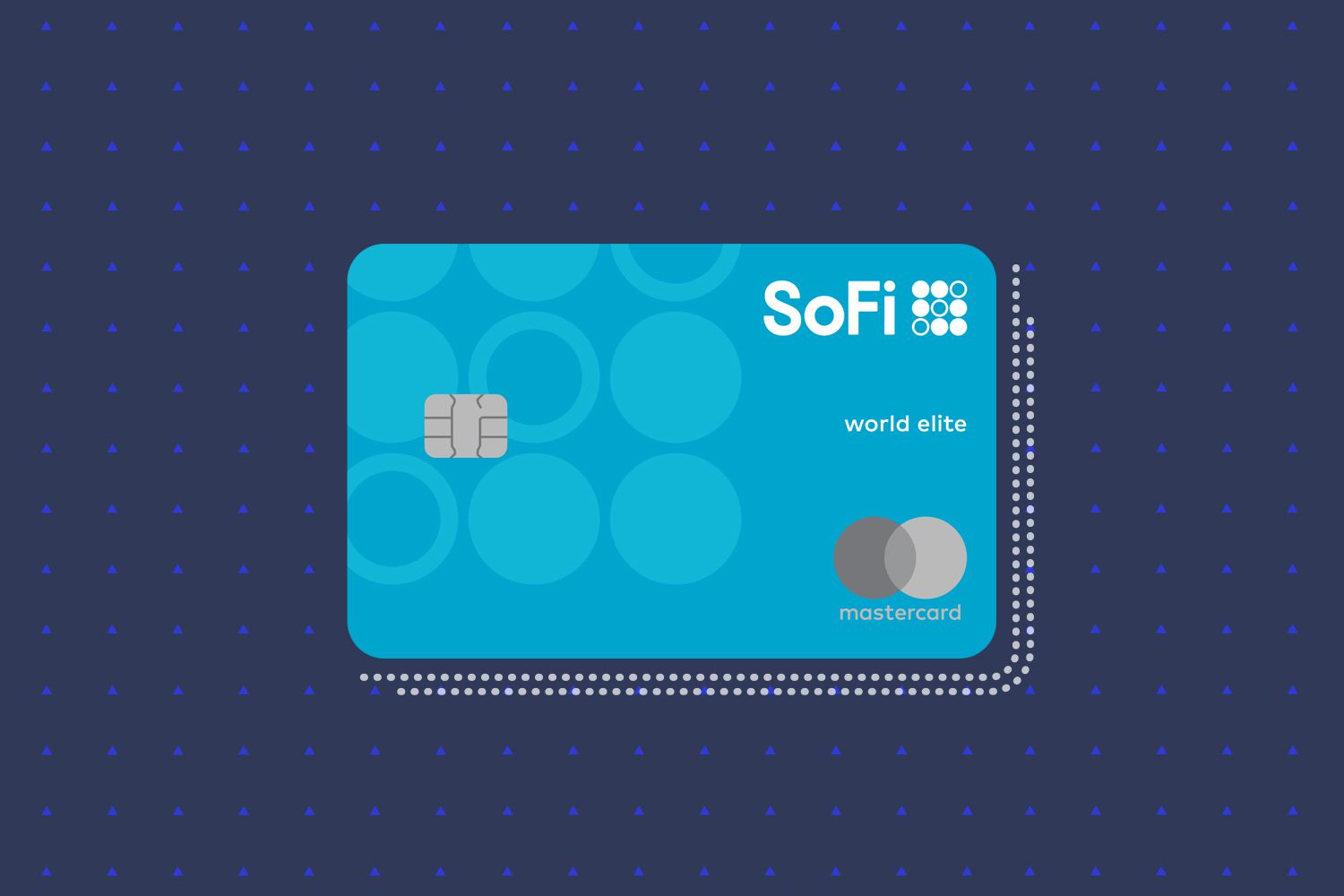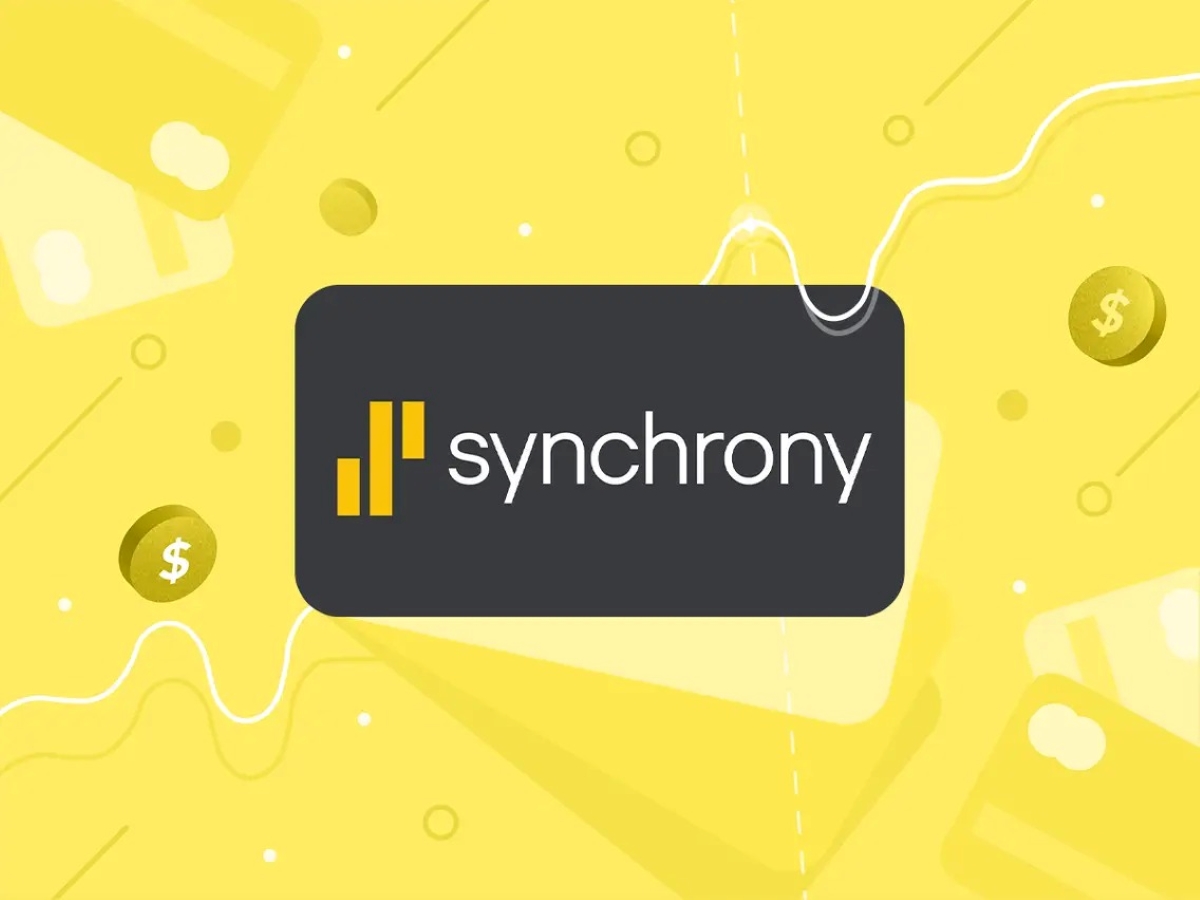

Finance
What Credit Bureau Does SoFi Pull From
Published: January 4, 2024
SoFi pulls credit reports from various bureaus to assess your financial status. Stay informed about the credit bureau chosen by SoFi for evaluating your finance.
(Many of the links in this article redirect to a specific reviewed product. Your purchase of these products through affiliate links helps to generate commission for LiveWell, at no extra cost. Learn more)
Table of Contents
Introduction
When it comes to obtaining credit, understanding your creditworthiness and knowing which credit bureau lenders use to evaluate your credit history is crucial. SoFi, a prominent online lender, is known for offering competitive rates and personalized loan options. If you’re considering applying for a loan or refinancing through SoFi, it’s important to know which credit bureau they pull your credit information from.
In this article, we will explore the credit bureaus that SoFi commonly uses to assess borrowers’ creditworthiness. We will also discuss the factors that SoFi takes into consideration when determining loan approvals and interest rates. Additionally, we will delve into the concept of alternative credit reporting, which is gaining traction as a way to provide a comprehensive view of an individual’s creditworthiness beyond traditional credit bureaus.
Understanding which credit bureau SoFi utilizes can help you prepare for the loan application process and ensure that you have a clear understanding of the factors that may influence your loan eligibility.
Understanding Credit Bureaus
Credit bureaus are organizations that collect and maintain information about individuals’ credit history and financial behavior. They gather data from various sources such as banks, credit card companies, and financial institutions, and use this information to compile credit reports. These reports contain details about an individual’s borrowing history, payment habits, outstanding debts, and other relevant financial information.
The three major credit bureaus in the United States are Experian, Equifax, and TransUnion. These bureaus receive data from creditors and lenders and use sophisticated algorithms to calculate credit scores. Credit scores are numerical representations of an individual’s creditworthiness, providing lenders with a quick snapshot of the borrower’s risk profile. A higher credit score indicates lower risk, making it more likely for lenders to approve loan applications and offer favorable interest rates.
It’s important to note that each credit bureau may have slightly different methods of calculating credit scores and may have varying information in their credit reports. Consequently, lenders may choose to use one or more of these bureaus to evaluate an individual’s creditworthiness.
When applying for credit, it’s a good idea to review your credit reports from all three credit bureaus to ensure that the information is accurate and up-to-date. This will enable you to identify any errors or discrepancies that may negatively impact your credit application. Under the Fair Credit Reporting Act, individuals are entitled to a free copy of their credit report from each bureau once every 12 months. Taking advantage of this opportunity can help you maintain a healthy credit profile and ensure that you are aware of the information lenders are evaluating.
SoFi’s Credit Bureau of Choice
When it comes to evaluating borrowers’ creditworthiness, SoFi primarily relies on credit information from TransUnion, one of the three major credit bureaus in the United States. TransUnion provides SoFi with detailed credit reports and credit scores that help assess an applicant’s financial history and repayment capabilities.
SoFi’s decision to use TransUnion as its primary credit bureau is based on careful consideration of various factors. TransUnion is known for its comprehensive and accurate reporting, which allows lenders like SoFi to assess borrowers’ creditworthiness with confidence. By relying on TransUnion data, SoFi can gain valuable insights into applicants’ financial behavior, payment patterns, and existing debt obligations, enabling them to make informed lending decisions.
It’s worth noting that while TransUnion is SoFi’s primary credit bureau, they may also consider credit information from other bureaus, such as Experian and Equifax, as part of their evaluation process. This multi-bureau approach provides SoFi with a more holistic view of an applicant’s credit history, ensuring a comprehensive assessment of their creditworthiness.
By utilizing TransUnion’s credit reports and scores, SoFi aims to provide a fair and accurate assessment of borrowers’ creditworthiness. This allows them to offer competitive interest rates and tailored loan options that align with applicants’ financial circumstances.
Factors Considered by SoFi
When evaluating loan applications, SoFi takes into account a variety of factors beyond just credit scores. They consider both quantitative and qualitative aspects of an applicant’s financial profile to assess their creditworthiness. By analyzing these factors, SoFi aims to make informed lending decisions and provide personalized loan options that suit the individual needs of borrowers.
Here are some of the key factors that SoFi considers:
- Credit History: SoFi reviews an applicant’s credit history to understand their borrowing behavior, including their track record of making timely payments, the length of their credit history, and any negative marks such as late payments or delinquencies.
- Income and Employment: SoFi looks at an applicant’s income level and stability of employment. A higher income can demonstrate a greater ability to repay the loan, while a stable employment history indicates financial reliability.
- Debt-to-Income Ratio: SoFi assesses the applicant’s debt-to-income ratio, which is the percentage of their monthly income that goes towards debt payments. A lower debt-to-income ratio indicates a lower level of financial strain and a higher likelihood of loan repayment.
- Education and Career: SoFi takes into consideration an applicant’s level of education and career trajectory. Certain professional backgrounds or higher education degrees may be seen as indicators of future earning potential and financial stability.
- Financial Reserves: SoFi may consider an applicant’s savings and investment portfolio as an indication of financial stability and their ability to handle unexpected expenses or changes in circumstances.
By evaluating these factors in conjunction with an applicant’s credit history, SoFi aims to provide a holistic view of an individual’s financial strength and responsibility. This allows them to offer competitive interest rates and loan terms that align with an applicant’s overall financial profile.
It’s important to note that while credit scores and credit history play a significant role, SoFi takes a comprehensive approach to evaluate borrowers’ creditworthiness. By analyzing multiple factors, they strive to provide fair and tailored loan options to their customers.
Alternative Credit Reporting
Traditional credit bureaus like TransUnion, Experian, and Equifax have long been the primary sources of credit data used by lenders. However, in recent years, alternative credit reporting has gained momentum as a way to provide a more comprehensive picture of an individual’s creditworthiness.
Alternative credit reporting looks beyond the traditional credit data and incorporates additional sources of information to assess an individual’s creditworthiness. This approach recognizes that people without extensive credit histories or those who have limited interaction with traditional financial institutions may still be creditworthy.
Alternative credit reporting sources include:
- Utility Bills: Payment history for utilities such as electricity, water, and internet services can be used as an indicator of financial responsibility.
- Rental Payments: Consistently paying rent on time demonstrates reliability and can be considered in credit evaluations.
- Bank Account Data: Analyzing banking transactions and account balances can offer insights into an individual’s financial habits and stability.
- Employment History: Assessing an individual’s employment history and stability can provide a glimpse into their ability to generate income and meet financial obligations.
- Alternative Lenders: Credit information from alternative lenders, such as online lenders or peer-to-peer lending platforms, can be used to assess creditworthiness.
SoFi and other innovative lenders are incorporating alternative credit reporting into their evaluation processes. By considering a wider range of factors, they can provide loans to individuals who may have a limited credit history but demonstrate strong financial responsibility in other areas.
This approach benefits individuals with thin credit files, young professionals just starting their careers, or those who have faced financial setbacks but have since improved their financial habits. It opens doors for borrowers who may have been previously overlooked by traditional credit scoring models.
It’s important to note that while alternative credit reporting is gaining popularity, it is not yet universally adopted. Different lenders have different approaches to evaluating creditworthiness, and it’s essential for borrowers to understand the criteria used by each lender.
If you have a limited credit history or want to improve your chances of loan approval, it can be beneficial to work on building a positive credit profile through a combination of traditional credit management and demonstrating responsible financial behavior across various sources.
Conclusion
Understanding the credit bureau that SoFi pulls credit information from is essential when considering a loan or refinancing through their platform. SoFi primarily relies on TransUnion, one of the three major credit bureaus in the United States, to assess borrowers’ creditworthiness. However, they may also consider credit information from other bureaus, such as Experian and Equifax, to gain a more comprehensive view of an individual’s financial history.
In addition to credit scores, SoFi takes into account a range of factors when evaluating loan applications. They consider an applicant’s credit history, income and employment stability, debt-to-income ratio, education and career background, and financial reserves. This comprehensive approach allows SoFi to offer personalized loan options that align with an individual’s financial profile.
Alternative credit reporting is also gaining traction, incorporating additional sources of information such as utility bills, rental payments, bank account data, and employment history to assess creditworthiness. SoFi and other innovative lenders are embracing this approach, recognizing that traditional credit data may not provide a complete picture of an individual’s financial responsibility.
As borrowers, it’s important to be aware of alternative credit reporting options and the factors considered by lenders like SoFi. Building a positive credit profile through responsible financial behavior across multiple sources can improve your chances of loan approval, especially if you have a limited credit history or have faced financial setbacks in the past.
In conclusion, knowing which credit bureau SoFi utilizes and understanding the factors they consider when evaluating creditworthiness can help you prepare for the loan application process. Whether it’s through traditional credit bureaus or alternative credit reporting, SoFi aims to make fair lending decisions and provide flexible loan options that meet the unique needs of borrowers.














